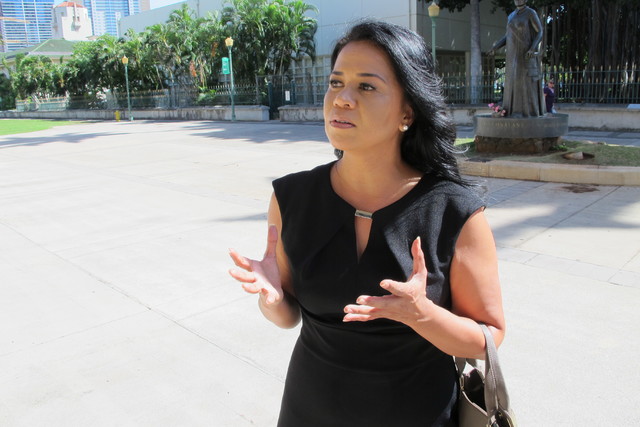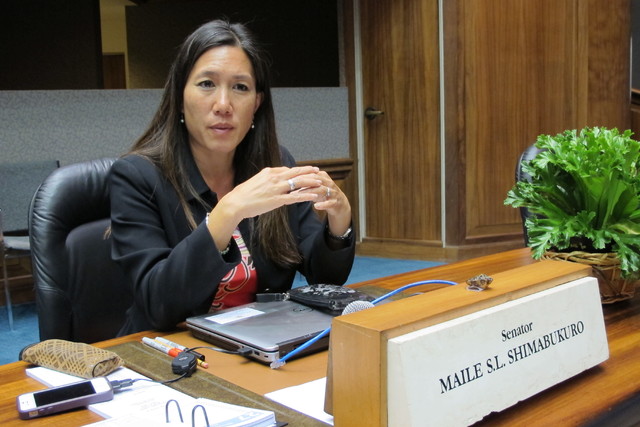HONOLULU — A proposal in Hawaii’s Legislature would expand a state mandate on fertility treatments to include same sex couples and single women, updating a law that now only offers such benefits to women who are married to men. ADVERTISING
HONOLULU — A proposal in Hawaii’s Legislature would expand a state mandate on fertility treatments to include same sex couples and single women, updating a law that now only offers such benefits to women who are married to men.
Hawaii is one of just a handful of states that requires insurance companies to cover fertility treatment through in vitro fertilization. But same-sex couples and single women are not included in Hawaii’s mandate because the law states that for the procedure to be covered, the patient’s eggs must be fertilized by her spouse.
But the pending bill would enable women who aren’t married and in heterosexual relationships to be included in the mandate.
“All women should be respected equally, despite their marital status,” said Piilani Smith, a Native Hawaiian cultural practitioner who’s been pushing for change at the Hawaii Legislature for the past two years. “Given that women are pursuing professional careers and securing their place in the work force, they wait until later in life to begin their families, and they should not be discriminated against.”
Smith, 47, had considered in vitro fertilization years ago after a doctor recommended the procedure to help her conceive. But when she followed up to find out whether the procedure would be covered under her health insurance, Smith was devastated to learn that the treatments — which range from $10,000 to $20,000 — wouldn’t be covered by insurance, because she’s unmarried. Since then, she’s been fighting for change.
There are eight states in the nation which require employers to cover in vitro fertilization through their employer-sponsored health insurance plans. Of those, only Hawaii, Arkansas and Maryland restrict that benefit to heterosexual, married couples, according to Resolve: The National Infertility Association, a non-profit group.
A committee met about the proposal Monday, but postponed making a decision on the bill, which must be passed out of committee by Friday if it’s going to survive.
The Hawaii law also includes a requirement that, unless she has certain medical conditions, a woman must be infertile for five years before receiving the covered treatment. The bill, SB 768, seeks to reduce the wait to one year.
“Many of us have put off having children until later in life,” said Sen. Maile Shimabukuro, D-Waianae, who introduced the bill. “If you’re someone in your late 30s or even approaching 40, that’s really onerous requirement.” As someone who’s divorced and in her early 40s, the issue is close to her heart, Shimabukuro said.
A similar legislative effort in Hawaii failed last year, after the insurance industry opposed the bill.
Hawaii Medical Services Association, the insurance company that denied Smith coverage for treatment, had opposed the bill last year. The company later changed its insurance policy to eliminate the spousal requirement for covered in vitro fertilization.
“Part of it is the evolution of time,” said Jennifer Diesman, vice president of government relations at HMSA. “Now there are all different types of couples.”





